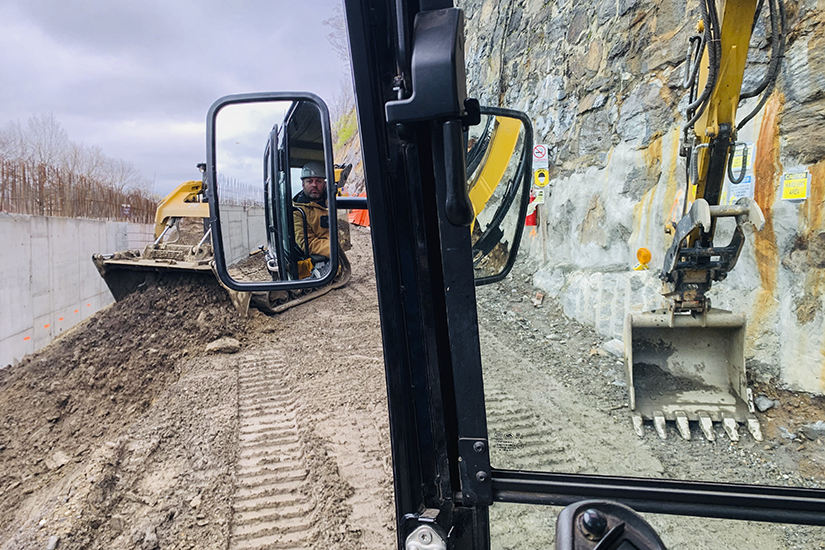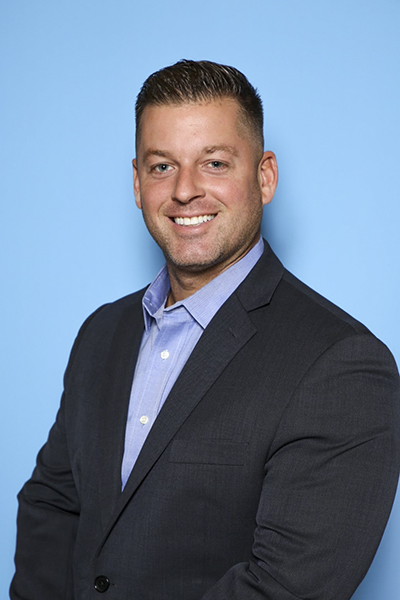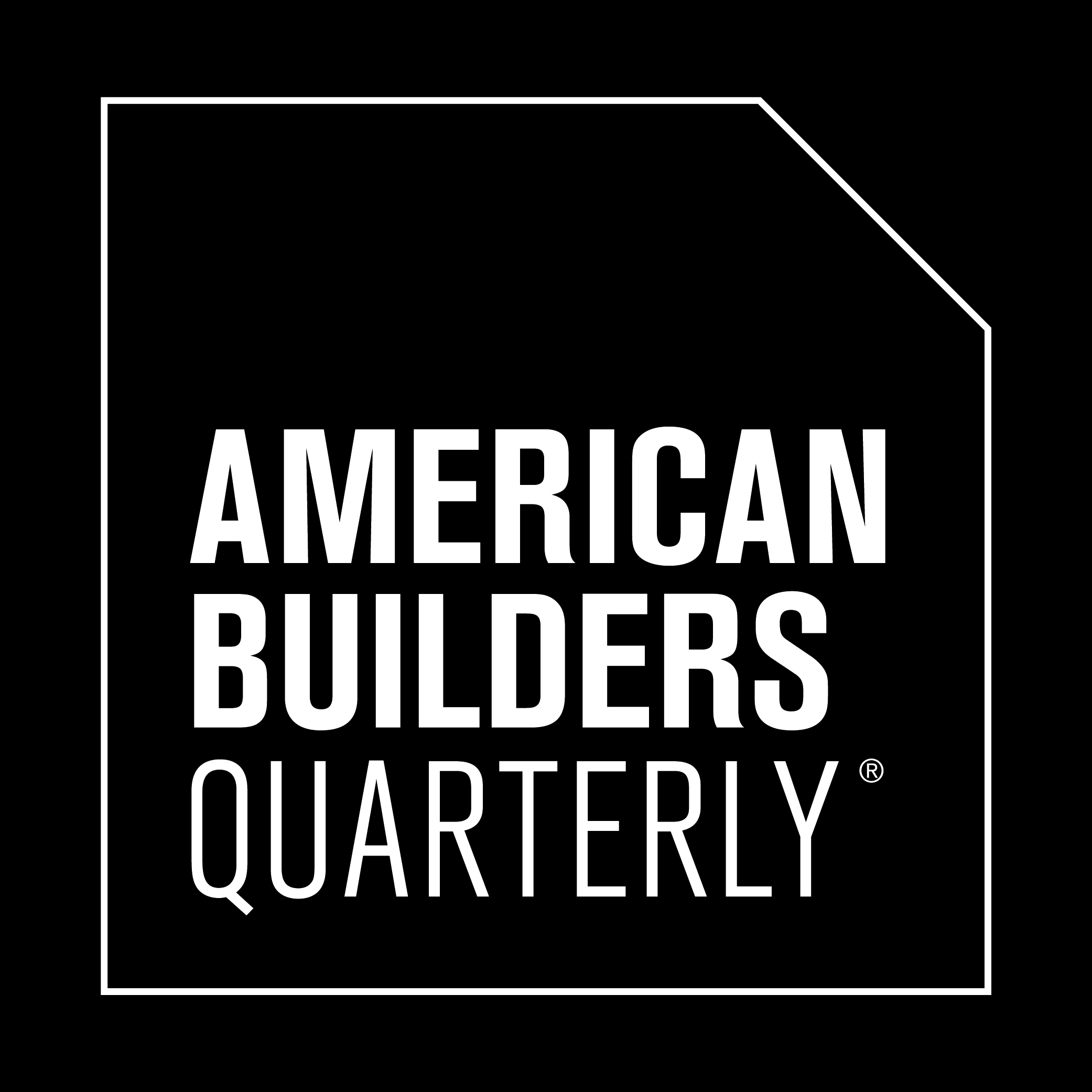|
Getting your Trinity Audio player ready...
|
When New York City shut down amidst the COVID-19 pandemic, Bryan Antoncic kept going. As a managing director of construction and design overseeing the development of low-income housing in the Bronx, Antoncic qualified as an essential worker. Adjusting to the new realities of his industry was difficult enough, but Antoncic also faced as great a challenge at home: because his job put him at risk of COVID exposure, he needed to live apart from his wife and two young sons for several months in order to protect them.
The separation was all the more difficult on account of the prominent role that Antoncic’s family plays in his emotional well-being. “Being with the children and my wife is very therapeutic for me,” he says. “I appreciate it much more now after having been away from them for all that time. It puts things in perspective.”
Antoncic has done a lot of reflecting since the onset of the pandemic, on matters personal and professional alike. Thinking about his career, he’s realized how far he’s come. He used to change jobs every few years, bouncing between companies as he learned the fundamentals of ground-up construction, interior renovations, and facilities management. In his current role, he relies on these diverse skills on a daily basis. Yet, even with his accumulated knowledge, it’s hard for him to predict what each new day will bring.

“The good thing about what I’m currently doing,” he explains, “is that I never feel stagnant in my workload because every project is different, every neighborhood is different, and every design is different.”
Predictions for a Post-COVID World
“Going into 2022 and 2023, people will need to start building contingencies into their budgets and schedules,” Bryan Antoncic says. He anticipates greater expenses and increased delays as the construction industry faces raw material shortages and continues to adapt to COVID-19 protocols. On the flip side, he hopes that his peers will find renewed appreciation of their health, their economic security, and each other.
As much as Antoncic thrives on unpredictability, nothing could have prepared him for COVID-19, which brought most construction work to a halt. Two of his own projects, however, remained up and running throughout New York’s lockdown.
In some respects, it was a good thing to be among the few teams still operating. Antoncic’s projects experienced fewer delays than usual, and his team’s productivity increased. On the other hand, his sites received more frequent inspections to ensure compliance with not only Occupational Safety and Health Administration standards, but also pandemic-related requirements.
Antoncic is proud to say that, due to its strict adherence to safety protocols, his team managed to avoid any violations or worker illnesses during the lockdown. All the same, the pandemic took an unmistakable toll on the team members, who became one another’s sole form of human contact.
As the team’s leader, Antoncic felt a strong responsibility to serve as a source of morale at a time when camaraderie was more necessary than ever. “Understanding and going through the lockdown myself made me more compassionate to the people around me who were looking to me for leadership and confidence,” he says.
Privately, Antoncic found morale harder to maintain. Although he was keeping in close contact with his family through phone calls and video chats, he missed the ease and comfort of in-person communication. The distance between him and his support system compounded the stresses of the pandemic, when good luck in the moment couldn’t stop him from fearing that the worst could be just around the corner.

Antoncic turned to his work and his team to help him focus on the positives of the situation and power his way through the lockdown. Relying on work as a distraction for so long, though, complicated Antoncic’s transition back into family life after the lockdown ended.
“Your career and your passion for what you do can absorb you as a human being––emotionally, physically, and mentally. It’s important to be able to break away and clear your head and revisit things on both sides, with work and your personal life. You need to have a balance, but finding that balance is challenging,” Antoncic admits.
Antoncic credits his wife, a high school teacher, for reminding him to stay present when he’s at home these days. Beyond their children, the pair’s careers have deepened their relationship. “We’re both in positions where multiple people look to us for guidance and direction, so we can bounce ideas off each other about how to motivate people and how to deliver clear messages. And we bring that into the home front with the boys,” Antoncic says.
Antoncic’s family has always motivated him to succeed in his professional life, but he’s never taken the value of their connection less for granted. “Being reunited with them has been a blessing,” he says. “I enjoy every minute of it.”

